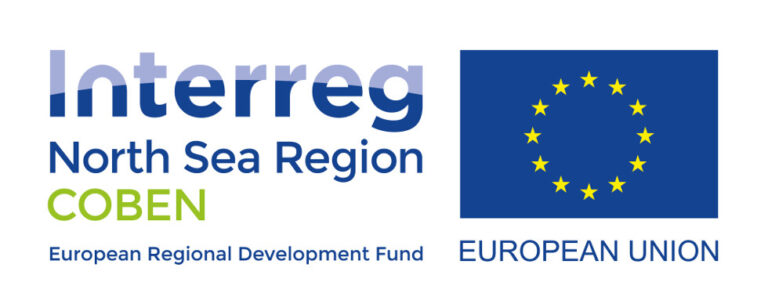Project focus
The Enhancement and transfer of findings and experiences in the field of compiling, mapping and cooperative use of (industrial) waste heat is the main focus of the COBEN Activities in the pilot region of Osnabrück, Germany. In detail this means that we will (and partly already have) set up a GIS-based heat cadaster (called in the German context “PINA – Planungsportal industrielle Abwärme”) as a central information and planning tool. This tool will help to support regional authorities, companies and other consortiums in initiating energy efficiency projects featuring complex inter- and intra-company processes and energy workflows.
In the runtime of the project we will evaluate comprehensive cross-medium energy models (thermal and electric energy, gas,…) with focus on renewable energy conversion and turn them into practice oriented use cases and business models (e.g. local heating grids, energy efficient commercial/industrial areas).
We will transfer this special knowledge to communities, companies and (civic) society. Here, the established regional network of energy intensive companies will provide feedback concerning implementation and practicablity.
At the moment 5 pilot areas are fixed (with different status) and feasibility studies are on the way / finished and will be presented to the stakeholder groups and to public to work on the future steps. To bring these pilots to success, an important aspect is a good communications structure (via meetings, workshops, ….) and a solid change management in respect of (corporate) governance (e.g. new models of public participation) and given legal framework (integration of energy planning/infrastructure aspects in the field of town and regional planning).
All COBEN activities and objectives are in line with the overall aims of the is aligned with the “Masterplan 100% Klimaschutz” that describes and fixes the climate protections aims of the county of Osnabrück.
Targeted outcomes
- Analysis and development of business models in the context of industrial waste heat
- Analysis of available technologies: what is available, affordable and feasible
- Development of models and strategies for decentralized energy systems
- Development of guidelines to involve stakeholders
- Presentation of legal framework conditions and political involvement that sets the frame for energy planning processes
- Building a network in a local and an international environment
Community Benefits
Direct beneficiaries will be mostly SMEs that either have the potential to deliver or to use thermal energy and process heat but also all citizens enrolled in the cooperative business models targeted by the project. But also the transfer of an optimized approach from and to the partner regions will be benefit for all stakeholders involved.

